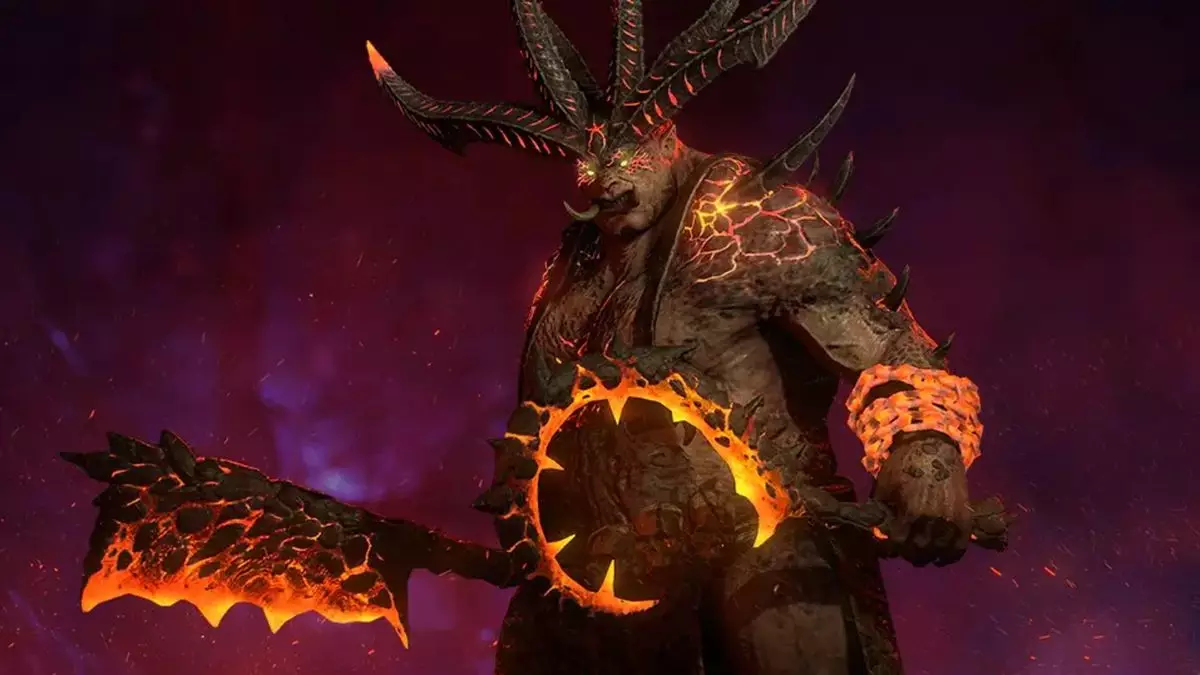In the realm of action role-playing games (ARPGs), the discourse surrounding genre classification is as intense as the gameplay itself. Recently, Rod Fergusson, a prominent figure in the Diablo franchise, ignited a heated online debate by suggesting that ARPGs following the Diablo formula should be dubbed “Diablo-likes.” This unsolicited categorization provoked considerable backlash, highlighting the intricacies and sensitivities involved in genre designations. By proposing the term “Diablo-like,” Fergusson aims to implant clarity in a genre that has proliferated with various interpretations and iterations, reminiscent of specific terms like “Souls-like” and “Roguelike.”
The response to Fergusson’s tweet was overwhelmingly negative, with the most-liked reply simply stating, “I don’t think so,” garnering over 1,400 likes against Fergusson’s original tweet, which amassed only 728. This stark contrast in engagement levels signals that the gaming community is not ready to embrace such a label. The tweet’s rapid descent into a “ratio,” a term indicative of considerable disapproval, can be interpreted as a collective rejection of attempting to confine such a beloved and varied genre into a single label. With over 2,200 comments predominantly expressing dissent, it becomes evident that the audience feels a deep connection to the term “ARPG,” valuing its broader implications over a restrictive designation that may oversimplify the genre’s diversity.
Compounding the situation is the timing of Fergusson’s tweet, coinciding with the highly anticipated early access reveal of “Path of Exile 2,” a title often seen as a formidable contender against Diablo’s legacy. This temporal association raises questions about whether Fergusson’s suggestion stemmed from genuine interest in genre classification or if it was a defensive maneuver spurred by a perceived threat from competing games. The proximity of these events lends credence to the interpretation that industry leaders may perceive significant competition as a potential threat to their brand’s reputation and market share.
One cannot dismiss the influential role Diablo has played in shaping the ARPG landscape. Known for its dark fantasy aesthetic and engaging mechanics, Diablo’s legacy is felt across numerous titles. Players and developers alike recognize the foundational impact it has had, with many, such as the designers of “Path of Exile,” openly crediting Diablo as a primary source of inspiration. This interwoven history complicates the conversation surrounding genre labels—do we maintain homage to a pioneering title, or do we allow the genre to evolve into something inherently distinct from its forebearer?
As discussions continue to unfold, it’s clear that genre classification is not merely a matter of semantics but a reflection of community values and history. While Rod Fergusson’s proposal for a “Diablo-like” label may stem from a desire for clarity amidst a crowded genre, the backlash signifies a broader yearning for respect towards the richness and diversity within ARPGs. The complexity of these genres transcends simple categorization and warrants a more nuanced approach, blending innovation with reverence for established legacies.


Leave a Reply